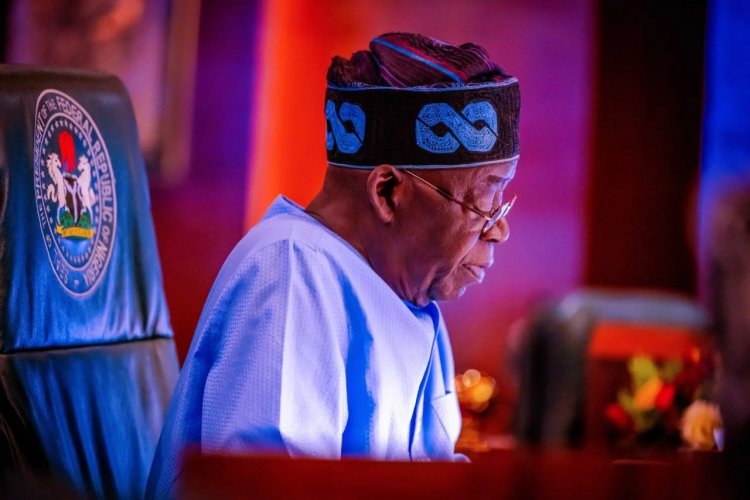Tinubu, a former Lagos governor, had inherited an economy near collapse. In defense of his reforms, he cited several new actions taken to address hardship,

In several major cities, security forces fired tear gas to disperse protesters. A 24-hour curfew was declared in four northern states after protesters looted state buildings and businesses late on Thursday. In the northern state of Kano, where protests are rare, police deployed tear gas, hot water, and live ammunition to disperse large crowds of demonstrators. Around 326 protesters were arrested in the state on charges of arson and looting, according to local authorities. A few northern protesters were observed carrying Russian flags, worrying state authorities. The Nigerian police force said it had arrested almost 80 people in Kano including foreign nationals accused of producing Russian flags.
Nigeria’s protests follow anti-government marches in Uganda and a high court-blocked protest in Ghana over living costs. Africa has the world’s youngest population, and many are highly educated but without jobs. Without proper state plans for job creation, manufacturing, and economic productivity, African leaders can expect further dissent by young people frustrated with unaccountable governments.
Tinubu on Sunday urged demonstrators to suspend marches and enter into dialogue with the government. “I have heard you loud and clear,” he said in a televised address. He claimed that he had reduced debt servicing from 97 percent of government revenue to 68 percent in the past 13 months through his reform policies.
Tinubu, a former Lagos governor, had inherited an economy near collapse. In defense of his reforms, he cited several new actions taken to address hardship, including the relaunch of a $70 million youth investment fund, the creation of grants for businesses, and a recent minimum wage increase from 30,000 naira (about $20) per month to 70,000 naira ($45) per month. But that wage increase is less than the cost of a 50-kilogram bag of rice—a staple in Nigeria that has seen its price rise from averages around 32,000 naira in February to 90,000 naira in August due to record headline inflation of nearly 35 percent. The government has announced that it would sell bags of rice at half price to civil servants in a further attempt to prevent marches.






